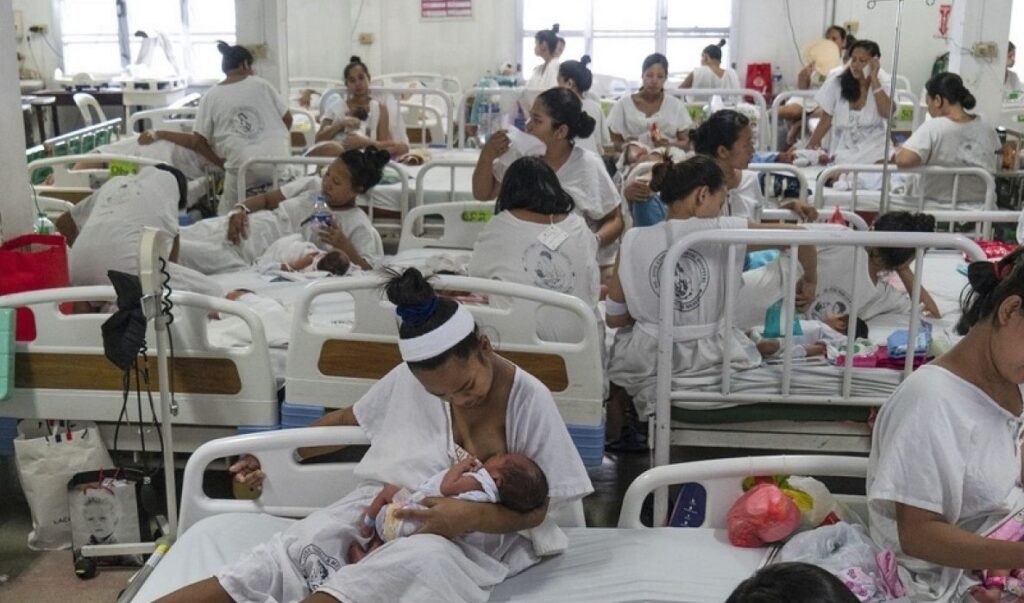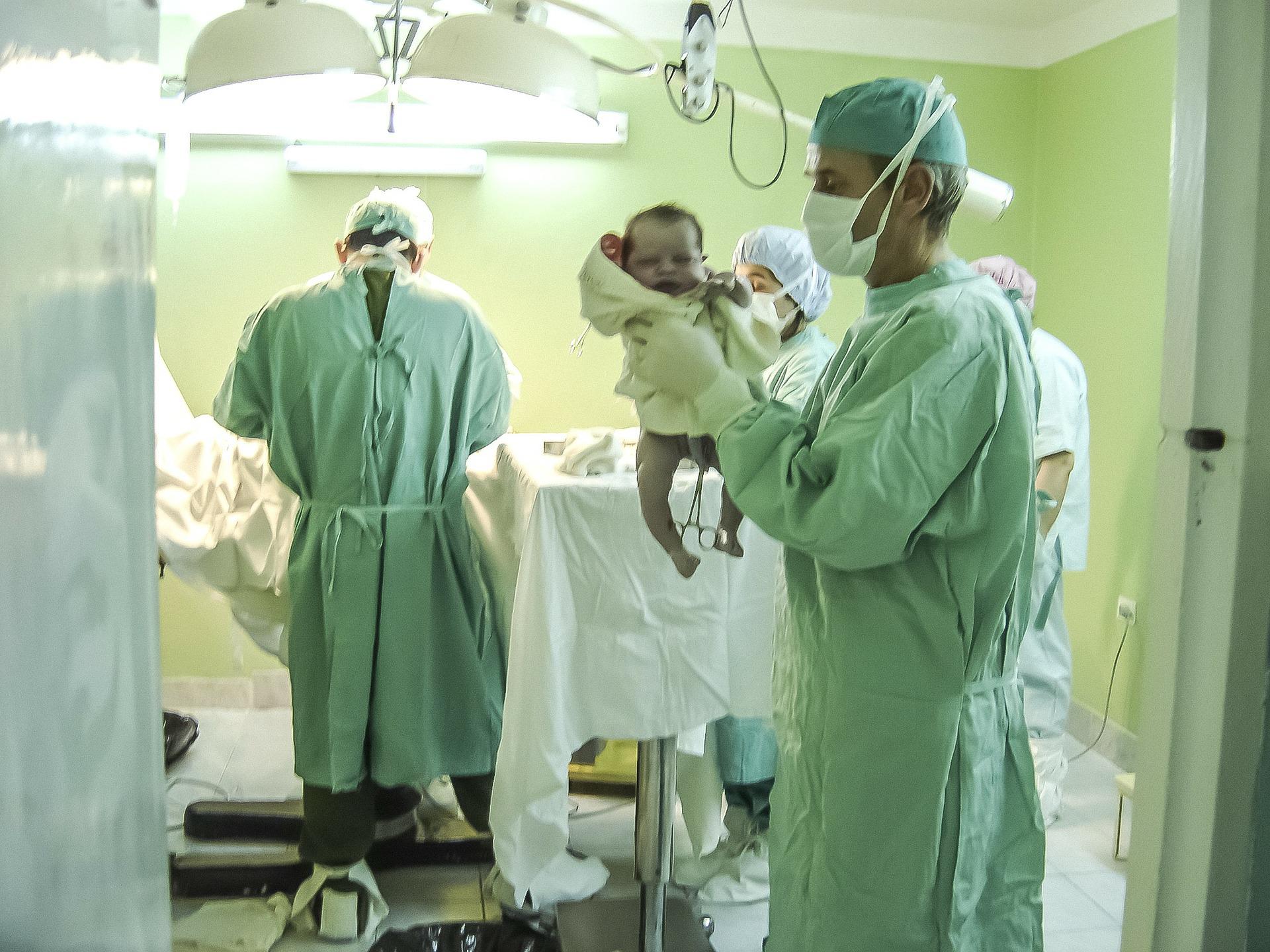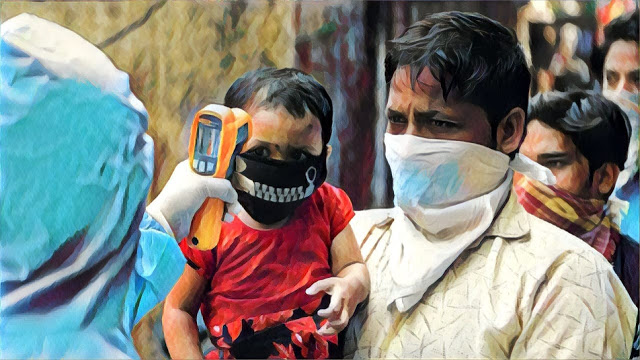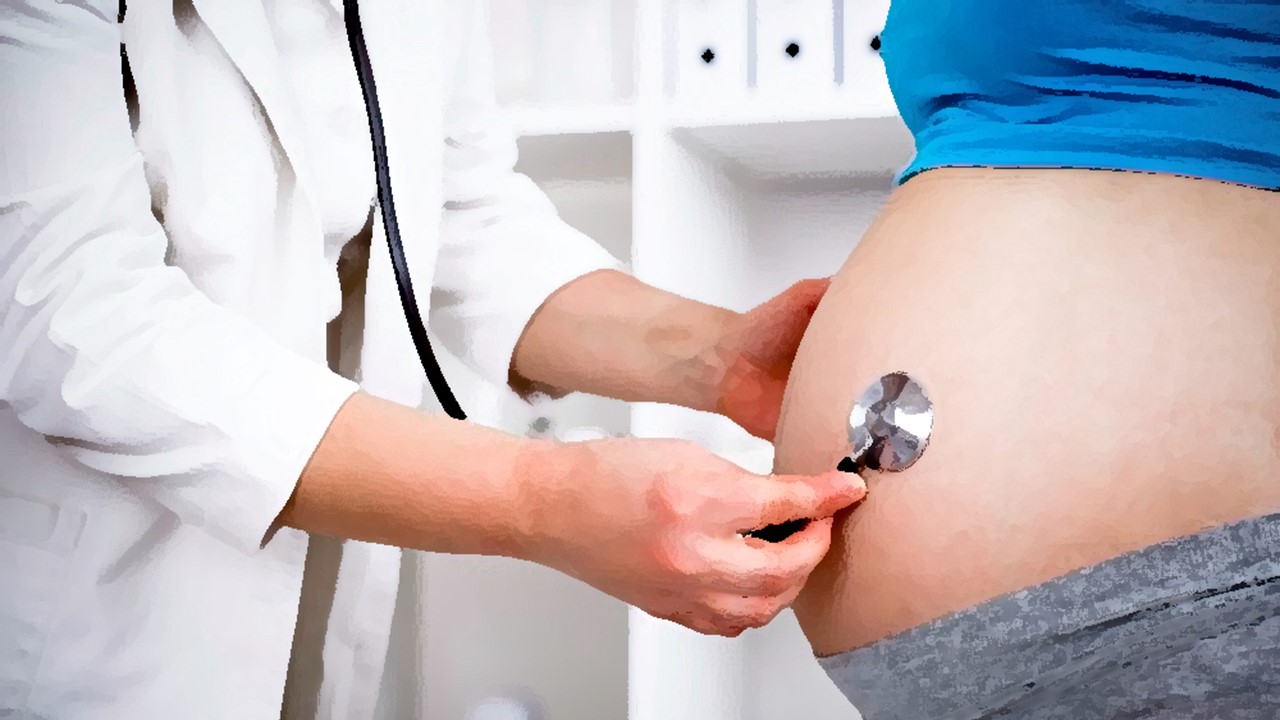It’s always difficult to choose something when you have so many options at your disposal. The same is the case with choosing your college for post-graduation (PG). For pediatrics, you have around 300 odd medical colleges in India; it’s not an easy decision to opt for one among them as many are equally good. Consequently, PG aspirants will be perplexed as they may not be aware of what to look in a college to say whether it is up to the mark or not.
Here I will enlist 5 key points, from most important to least important, which you can refer to before choosing your college if you are interested in Pediatrics.
Work environment

I would give maximum importance to this aspect as learning will happen only if the work environment of the college is at least in the acceptable range. This point is applicable for all branches and you need to inquire about this before choosing the college. Several prestigious colleges are notorious for their work culture, forcing the students to surrender their seats and to join another college. Even if you get the top facilities, you will have to live under stress for 3 years if the faculties are not student-friendly. There are faculties who ask students to do their personal work and even take credit in failing students in the final professional exams. One of my batch mates cleared AIIMS in his first attempt and secured a seat in the Internal Medicine department of one of the AIIMS; however, he wrote AIIMS PG entrance again 6 months later and joined Dermatology department of same college because of the torture he faced at his former department. The working hours will be over 12 hours per day in any clinical post-graduate course at any college, but it won’t affect your state of mind if the faculties and other staffs are cooperative.
Academics
The second important factor to decide on a college is the academics of that department. However, the vast majority of medical colleges don’t give importance to academics in their PG curriculum. The freshers follow what is done by their seniors which may not be right always. Even if you read the latest articles and try to follow what is given in that, you will still find it difficult to understand certain portions. For example, the treatment of Inflammatory Bowel Disease is not well given in Nelson (Pediatrics) and I learned the same by attending the class of a faculty. It’s important to conduct formal classes every day for at least one hour so that students can learn the right thing from the right person. A certain quantity of procedures and protocols have to be taught by a faculty.
Experienced faculties

The quantity and quality of the faculties matter as far as PG education is concerned. The tips that they pass on to you during the daily round are invaluable for transforming into a good clinician. I would share one anecdote here. Once when my unit chief came for rounds when I was in the first year of residency, he asked how to differentiate between contact dermatitis (diaper rash) and fungal infections at the genital region of a child. He said that the contact dermatitis will spare the inguinal fold as there won’t be any contact in the skin folds. These kinds of small but necessary information may not be available in all textbooks and similar discussions during rounds will be remembered more than what you read from Nelson. Your standards will improve depending upon the same of your faculty.
Patient load

Ward management is as important as ICU care and you spend around 12 to 14 months at the ward in the 36 months long residency. It’s important to see atypical presentations of common disease and typical presentations of a rare disease as these two are the challenges that we face while practicing. Procedures like lumbar puncture and bone marrow aspiration happen at ward daily in a busy department. It’s a place where you have to deal with the bystanders of children, who may not be very cooperative all the time.
The more you see patients at the OP department/ ER, the easier it will be for you to identify sick children who needs immediate care. Moreover, it’s important to have a follow-up so that you can be aware of whether your treatment had an impact or not. Casualty OP patient load decides the number of ward admission as the sick children often come at casualty and not at referral OP. Emergency management of life-threatening conditions: shock, foreign body in airway, anaphylaxis, and seizures are done at casualty itself and you learn to act fast in those situations by encountering similar situations every day.
NICU and PICU facilities

In the post-graduate curriculum of Pediatrics, 6 to 8 months are dedicated for neonatology and it’s an important sub-specialty of pediatrics. If the college has NICUs which can serve preterm babies of less than 30 weeks and less than 1 Kg, you will able to learn to a great extent. Preterm care is an important aspect of neonatology as the fluid calculations and management of serum glucose and serum electrolytes etc. are more challenging in them. Ample opportunities should be there to cannulate, intubate and give surfactant, put umbilical vein catheters, and do exchange transfusions. Setting a ventilator should come like a reflex in your residency.
I learned a lot (still learning a lot) by working at PICU. We have to take decisions fast as the condition of the children can become worse rapidly. The management of reactive airway disease in severe exacerbation, status epilepticus, snake bite, renal failure, shock, congenital heart disease, and procedures like central line insertion and peritoneal dialysis are taught at PICUs.
Sub-specialties
Although this is not a must-have feature, the significance of having sub-specialties is increasing day by day in this department. Pediatrics has specialty postings in the second year of residency like Internal Medicine. We are posted at Pediatric Neurology, Nephrology, and Cardiology for few weeks in the second year of residency. The faculties of these departments will provide in-depth knowledge about conditions which fall under their department. As Pediatric DM courses are booming, it is desirable to have sub-specialties at your college so that you can decide where your interest lies.
In short, choose that college where the work culture is good, academics are given due importance, and have decent in-patient wards and ICU facilities.
You can follow Tiny Physician in Facebook, Instagram, and Twitter. To send a DM, use Telegram.




